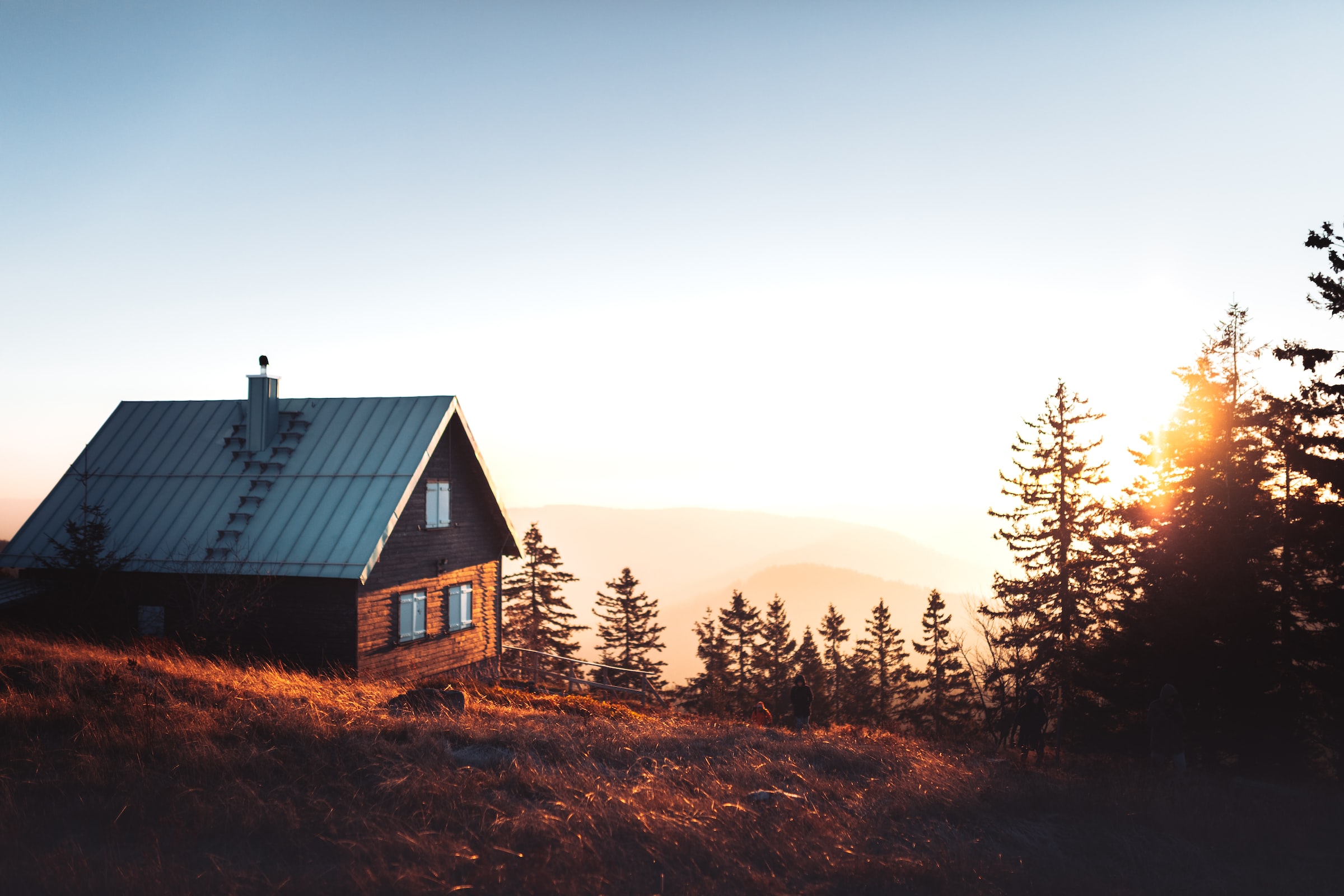Keeping Your Emotional Balance While on Sabbatical

I read The Pit, the Cabin, and the Dance Floor via Thinking About Things a few days ago and liked its observations about managing your emotions:
In almost all situations, I want to gain emotional energy and spread that to everyone around me. Every action I take has some effect on my energy level. But the effect is also going to depend on what energy level I’m at right now. And some actions are just not reasonably available to me at certain energy levels.
So let’s talk about three ranges of energy I find myself in: the pit, the cozy cabin, and the dance floor.
I took a few interesting insights away from this article:
- The things you need when you're low energy are different from what you need when you're high energy.
- Different activities take energy to get started but also return energy (activation energy vs. net energy).
- Analogies and graphs are useful tools to explore the relationship between different energy ranges.
If you haven't read the article yet, go do that before continuing. Here's my pit → cabin → dance floor transition plan:
Getting out of The Pit.
- Walking or biking around my neighborhood: very low activation energy yields exercise, sunlight, very light social interaction, and can chain with checking the mail and taking out the trash when I get home.
- Cooking breakfast: low activation energy, gets me some calories, can chain with watching gamedev Youtube or comforting British craft competition shows.
- Recognizing that I'm in the pit and can wait it out. I don't have MDD so I'm able to be confident that I'll be out of the pit in a day or two after I notice that I'm in it; that realization by itself is encouraging.
- Making a cup of coffee or tea.
- Listening to Garfunkel and Oates (YMMV).
- Ice cream.
- Misc. platitudes as reminders/triggers: no zero days, four quarters in a day, stack the bricks, work the problem, sometimes the best way to solve your own problems is to help someone else, anything worth doing is worth doing badly.
- Counter-patterns that seem like a quick boost but have negative net energies: social media, p*rn, alcohol.
Hanging out in The Cabin.
- Spending more time with my friends, family, and girlfriend.
- Longer walks, bike rides, and hikes.
- Healthier eating, largely as a result of better meal planning, grocery shopping, and food prep, but also less snacking from boredom and stress.
- Gardening.
- Making art.
- Volunteering with Thread and BES.
- Writing about my sabbatical.
- Better sleep hygiene (earlier screen cutoff, doing a relaxing non-screen activity, allowing more time to wind down). Waking up on time really comes down to the decisions you make the previous day.
- Playing video games (usually story-driven singleplayer or multiplayer with friends). It's interesting that I usually only play video games when I'm already feeling pretty good; the interactivity and narrative arcs take a bit more activation energy than TV or movies.
- Ice cream.
Where's The Dance Floor?
- I don't think I really have a dance floor; when things are going really well it seems more like a nicer/better-organized cabin but not a fundamental shift in the risks I take.
Some other thoughts I had while reading and reflecting on this essay:
- The analogy framework and reflection exercise reminded me of Your Head is a Houseboat which encourages heavy amounts of journaling for mental clarity and analogies to understand our relationship with our inner voices.
- Systems like GTD focus on lowering the activation energy of productive tasks by breaking them into smaller pieces and figuring out what you can get started on quickly to get a win and build momentum.
- I'm pretty introverted so my social calendar tends to be driven by others, but I like the idea of using the weekly social scheduling system to spend time with my friends more regularly.
- Similar work: Hierarchy of Needs, WRAP, Everything is Awful and I'm Not Okay, and You Feel Like Sh*t.
- Listening to music (particularly on my Sony XM3s) lowers activation energy for chores like doing the dishes, vacuuming, and laundry which leads me to do them on a more regular basis and not let them build up, which increases the activation energy.
- Correlation vs. causation is unclear for some of these. For example, does spending time with friends make me feel better or do I spend time with friends because I'm feeling good? Maybe both?
- Many philosophical practices including Stoicism and Zen Buddhism use logical or emotional guards to reduce the risk of falling into The Pit in the first place. The easiest pit to get out of is the one you don't fall into at all.
Journal Activity
What does your pit → cabin → dance floor transition plan look like?



